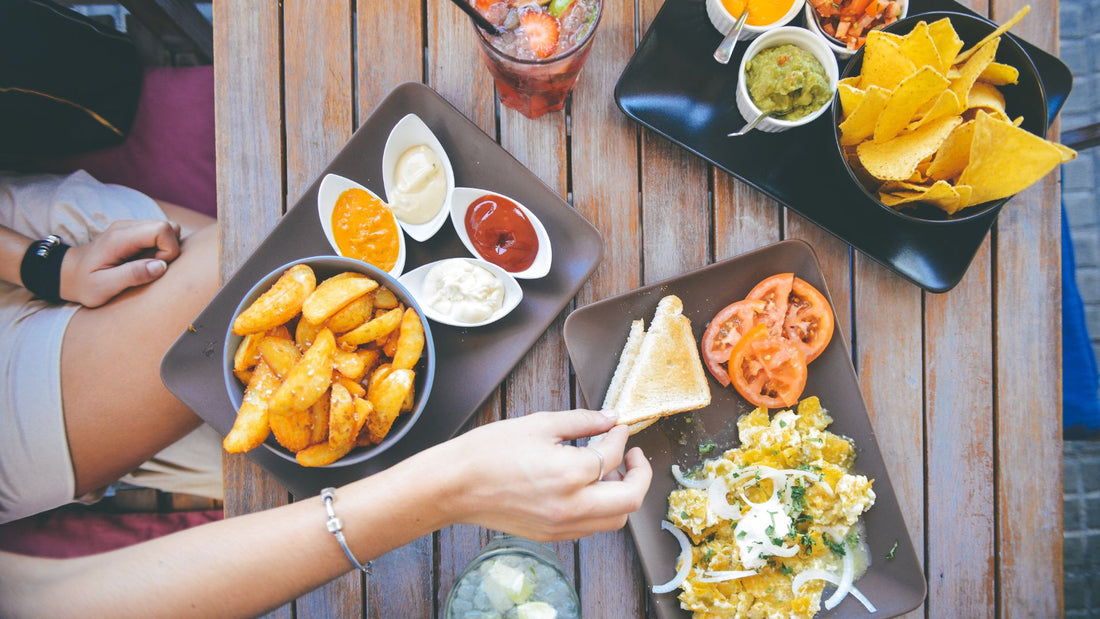
The post-meal insulin response
BioCertica Content TeamWritten by: Jonine Möller, M.Sc. in Sport Science
Genes are crucial in determining various aspects of our health, including our post-meal insulin response. Insulin is a hormone produced by the pancreas that regulates our blood sugar levels. After we eat a meal, our body releases insulin to help move glucose (sugar) from our bloodstream into our cells, where it can be used for energy.
However, for some individuals, the insulin response can vary greatly depending on their genetic makeup. Some people may have a strong insulin response, while others may have a weaker one. What this means in terms of the post-meal blood sugar response depends on other factors, such as insulin sensitivity.
The post-meal insulin and blood sugar levels should be measured together for the full picture. It has been observed that healthy individuals don’t all have the blood sugar response to the same meals. Genes and other factors influence individuals’ glucose tolerance (defined by the rise in blood sugar after a standard meal) which could predispose some to develop insulin resistance.
Regardless of the blood sugar levels, the variation in insulin response can have far-reaching consequences on our health. This is because, over time, constant exposure to high levels of insulin can lead to insulin resistance, which means that the body becomes less effective at using insulin to regulate blood sugar levels.
Furthermore, the higher (and more frequent) your insulin spikes after meals, the more prone you will be to weight gain. As we are already aware, insulin lowers blood sugar levels. However, it also signals the body to store energy and convert excess sugar into fat. When insulin is high, the body cannot burn fat for energy.
To prevent insulin resistance from developing and to maintain stable blood sugar levels, frequent and high rises in insulin levels should be avoided. To avoid high post-meal insulin responses, do not eat high-GI foods or meals that contain very high amounts of carbohydrates.
It is also important to note that a chronic high-GI diet with too many meals high in carbohydrates could lead to insulin resistance in any individual, regardless of their genetic makeup. However, by understanding the impact of our genes on our health, we can take better and earlier steps to improve our overall well-being and reduce the risk of developing serious health conditions.
Generally, focus on eating a balanced and healthy diet low in sugar and high in fiber. This will help to regulate blood sugar levels and reduce the amount of insulin needed to control them. In addition, engaging in regular physical activity, such as walking or cycling, can also help to improve insulin sensitivity.
In conclusion, our genes can significantly impact our post-meal insulin response and overall health. Understanding this connection and making healthy lifestyle choices by tailoring your diet to your genetic needs can help to mitigate the impact of our genetic predispositions and improve our health outcomes.
Interested in trying the BioCertica Nutrition & Well-being DNA kit? Click here and add Nutrition & Well-being to your cart for only R1699.
Interested in trying the BioCertica Weight Management DNA kit? Click here and add Weight Management to your cart for only R1699.
If you own any other BioCertica DNA kit, you can instantly unlock your Nutrition & Well-being or weight management results for only R599* in-app.
*Terms and conditions apply: Pharmacogenetics results are R1999 in-app.



